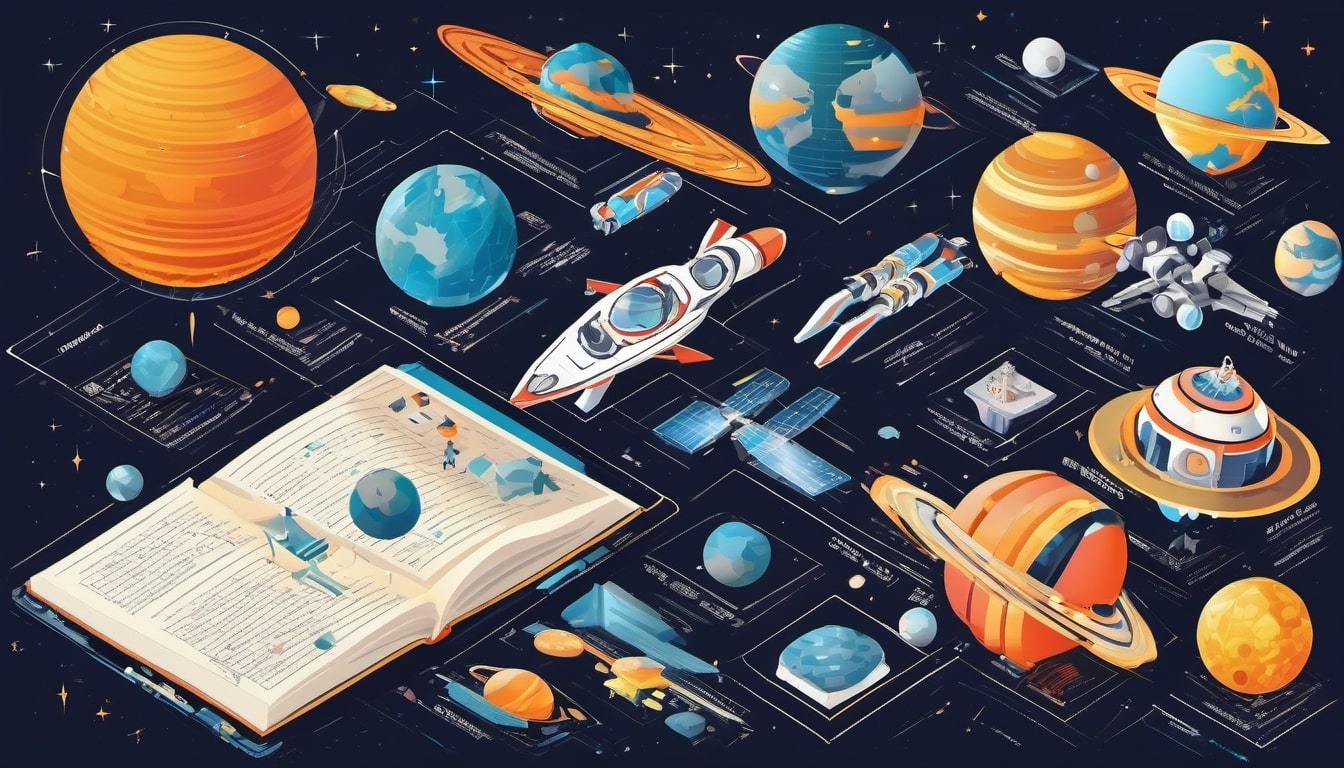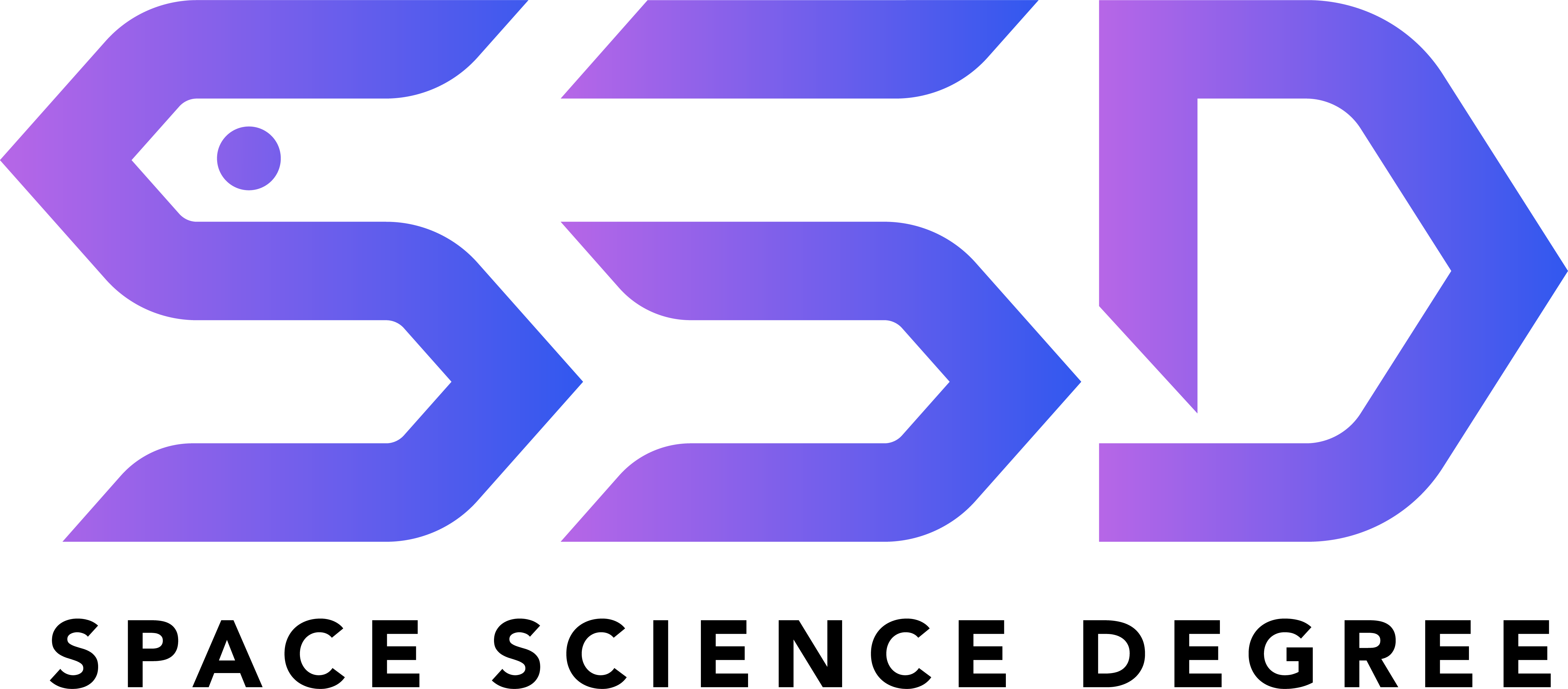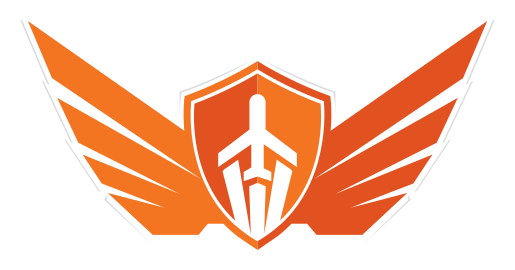
Developing a space science curriculum for high school students involves covering a range of topics to provide a comprehensive understanding of space exploration, astronomy, and related sciences. Here's a suggested outline for a space science curriculum:
Semester 1: Introduction to Space Science
Module 1: Overview of Space Science
- Introduction to space science disciplines
- Historical overview of space exploration
Module 2: Celestial Bodies
- Study of the sun, moon, planets, and other celestial objects
- Orbits and rotations
Module 3: Observational Tools and Techniques
- Telescopes and their types
- Satellites and space probes
Module 4: Gravity and Motion
- Newton's laws of motion
- Gravitational forces
Semester 2: Astronomy and Astrophysics
Module 5: Stars and Galaxies
- Stellar life cycles
- Types of galaxies
Module 6: Cosmic Phenomena
- Black holes, supernovae, and quasars
- Dark matter and dark energy
Module 7: The Universe
- Cosmology and the structure of the universe
- Big Bang theory
Semester 3: Space Exploration
Module 8: History of Space Exploration
- Milestones in space exploration
- Famous missions and achievements
Module 9: Human Spaceflight
- Overview of crewed space missions
- International Space Station (ISS)
Module 10: Robotic Space Missions
- Exploration of other planets and moons
- Space probes and rovers
Semester 4: Practical Applications and Future Trends
Module 11: Space Technology and Applications
- Satellite technology and communication
- Earth observation and remote sensing
Module 12: Space and Society
- Impact of space science on daily life
- Ethical considerations in space exploration
Module 13: Future of Space Exploration
- Emerging technologies
- Possibilities for human settlement in space
- Project-Based Learning and Labs
- Hands-On Projects and Labs
- Build a simple telescope
- Simulate planetary motion
- Analyze astronomical data
- Assessment and Evaluation
- Assessment Methods
- Regular quizzes and exams
- Project presentations
- Research papers on space-related topics
- Extracurricular Activities
- Field Trips and Guest Speakers
- Visit to a planetarium or observatory
- Inviting guest speakers from the space science community
- Additional Resources
- Recommended Reading and Resources
- Textbooks, articles, and documentaries
- Online platforms for astronomy enthusiasts
This curriculum aims to provide students with a solid foundation in space science, covering both theoretical concepts and practical applications. The hands-on projects, labs, and extracurricular activities enhance the learning experience and foster a deeper appreciation for the wonders of space.


